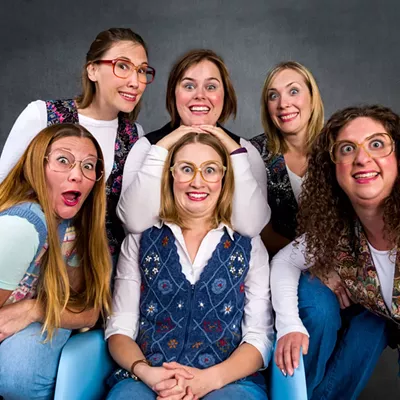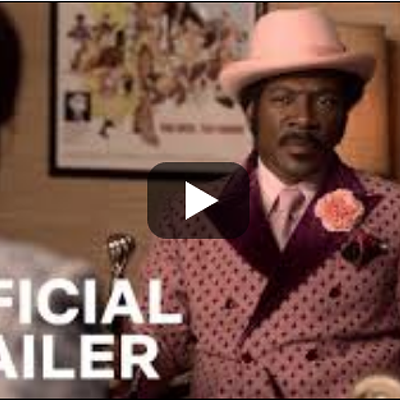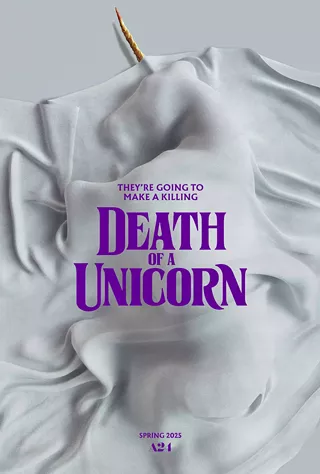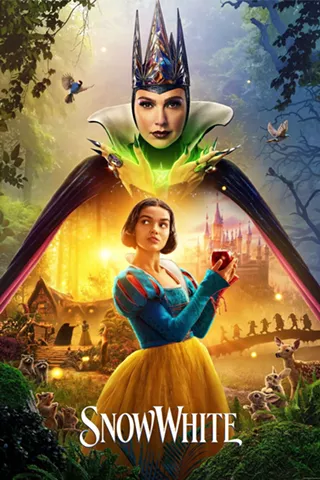We soon learn the man is infirm, possibly the victim of a stroke. Nevertheless, the movie's theme--that of women babying and kowtowing to their men to such an extreme that the men are made helpless--expertly has been established in this telling scene.
Called by other critics a bittersweet romantic comedy, Late Marriage isn't very romantic, and its moments of comedy are relatively painful to watch.
More important, it is a perceptive cultural document in which the boundaries of tradition are severely tested by a 31-year-old bachelor, Zaza, who is being pressured by his parents to marry. Not simply to marry, but to marry a young virgin with the right background. And soon.
Lior Louie Ashkenazi plays the darkly handsome Zaza (who is studying for a doctorate in philosophy) with an impish, existential goofiness that causes no end of distress for the character's parents. They are convention-bound Jewish immigrants from the former Soviet republic of Georgia who allow every member of the extended family to kibbitz in the search for a wife for Zaza.
Zaza literally has been introduced to more than 100 girls by his parents and their friends; some, like the lovely Ilana (Aya Steinovits Laor), are still in high school. Progressive American moviegoers will wonder why in the world anyone, man or woman, would willingly suffer such awkward arrangements, but this film credibly outlines the labyrinth of familial and social obligations that allows such a system to continue.
The procession of arranged meetings continues despite the fact that Zaza carries on a secret romance with the pretty Moroccan divorcée Judith (Ronit Elkabetz), a single mother who is three years his senior.
They demonstrate their passion in an extended sex scene that is not physically explicit, but when the visual imagery is combined with graphic dialogue, the result is a frank, unflinching look at adult sexuality. It is incredibly honest and therefore believable.
A true mutual attraction exists between these playful lovers, and it is just the sort of spark that is missing from Zaza's interactions with the young women to whom he is matched.
But when Zaza's parents discover this affair, they are appalled. A divorcée--an older woman with a child, no less--is hardly an appropriate match for their son. They stake out the woman's apartment with a contingent of Audis and Volvos full of various relatives. The whole noisy bunch storms in when Zaza arrives, embarrassing the couple, along with Judith's daughter, in the process. Verging on violence, the confrontation is traumatic for all involved.
Considering that this movie is built around such elements as 1) an ethnic family full of brusque love, 2) a headstrong adult child rebelling against tradition and 3) a mismatched romance, one might be tempted to name this film My Big Fat Israeli Wedding.
But the summer's sleeper hit, My Big Fat Greek Wedding, is a light-hearted situation comedy played for wacky laughs. A bleaker, discomfiting message about compromise and fealty suffuses the dark satire of Late Marriage.
The older women of Zaza's extended family are threatened by his romance with Judith because they fear being replaced. His mother--played by the director's mother, Lili Koshashvili, with a soft-spoken power--goes as far as saying she will kill Judith before allowing this "whore" to steal her son.
The family's cranky, obstreperous men, including Zaza's ineffective father (Moni Moshonov), resent Judith for different reasons. They can't help but admit that she's hot, but once upon a time they had to forego the sexy, "bad" girls of their youthful dalliances for sturdy wives, and they don'tlet anyone forget it. They are not about to allow Zaza to get away with what they were denied--with falling in love.
This repressive culture, in which Zaza seems damned no matter what, appears to be a complicated mix of the worst passive-aggressive tendencies of matriarchal and patriarchal dominance. As Zaza's father puts it, love and passion are overrated. So why even try to be happy?
Dover Koshashvili, the film's maker, adeptly fleshes out this conflict without making it seem maudlin or clichéd. And he keeps it entertaining. The dialogue is amazing; all characters speak their minds, sometimes brutally or childishly, but always directly from the heart.
Like the sexual interlude between Zaza and Judith, each scene moves with the convincing rhythms of human life, not movie life. This is a result of not only Koshashvili's writing and directing, but also the patient work of the editor and the instinctual, natural performances of the actors. Arguments go on too long, painful silences abound, discussions jump tracks unpredictably.
Those sentimentalists who would like to see Late Marriage end like Sleepless in Seattle or Moonstruck may end up being disappointed. Not that it's depressing, but whether the characters live happily ever after will be eternally debatable.
Forget reality TV. This excellent small film may be fiction, but it's much like the real world, in which so often we just have to shrug and sigh, "Family happens."













